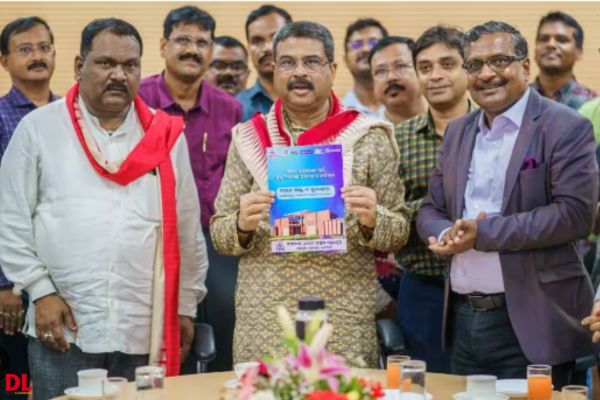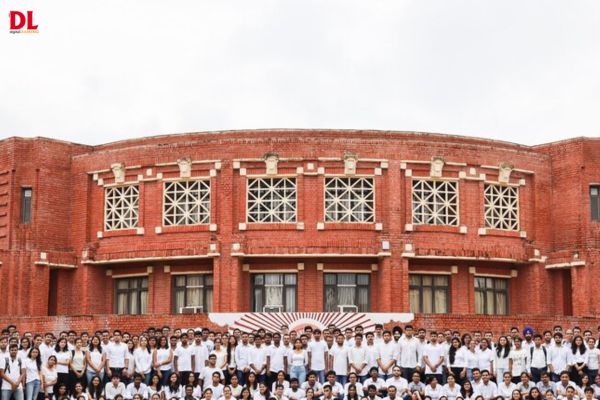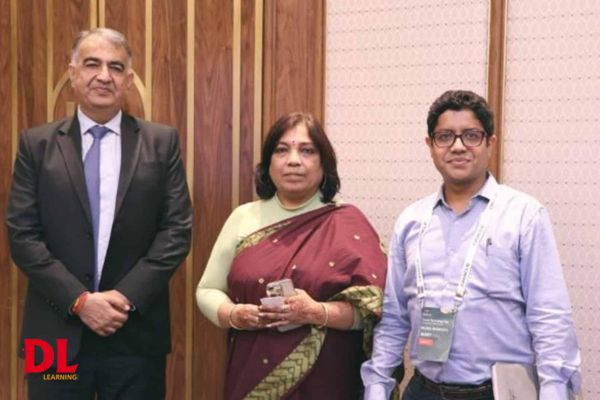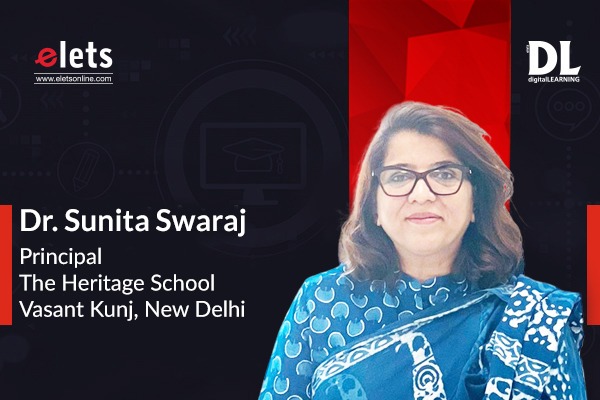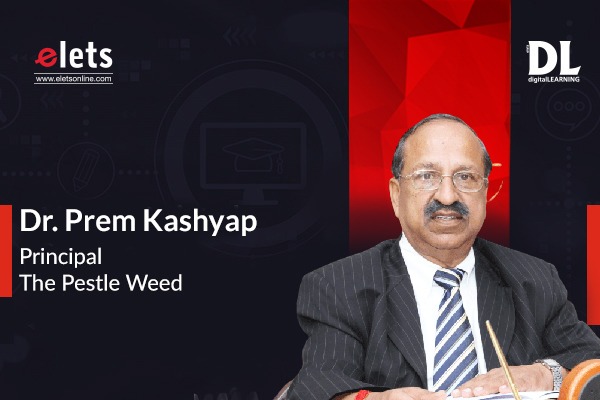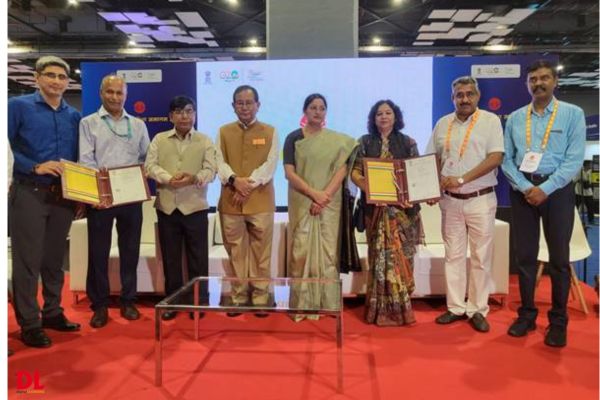The formative years of schooling play a pivotal role in shaping a student’s learning journey. By providing innovative solutions to schools, we aim to empower teachers and enhance the learning experience of students at an early stage, said Harshil Gala, Chief Executive Officer, NAVNEET TOPTECH, in an exclusive interaction with Srajan Agarwal of Elets News Network. Edited excerpts:
As you strive to innovate and create solutions that will help teachers go beyond the traditional chalk & board method. Please elaborate on these innovative solutions.
We understand that the education landscape is evolving, and teachers need new-age tools and resources to enhance their teaching methodologies. Our innovative solutions include interactive digital content, learning management systems, digital classroom solutions and educational apps that facilitate personalized and engaging learning experiences. NAVNEET TOPTECH is committed to innovating and creating technology driven solutions that go beyond the traditional chalk and board method of teaching, making teaching and learning more interactive, collaborative, and accessible for students of all abilities.
As your solutions cater to the school education segment, can you please let our readers know, why you have chosen this particular segment instead of higher education?
While higher education is undoubtedly important, we chose to focus on the school education segment because we believe that building a strong educational foundation is crucial for every student. The formative years of schooling play a pivotal role in shaping a student’s learning journey. By providing innovative solutions to schools, we aim to empower teachers and enhance the learning experience of students at an early stage. We strive to make a significant impact on the educational ecosystem by revolutionizing teaching practices and equipping students with the necessary skills and knowledge to thrive in higher education and beyond.
What sets NAVNEET TOPTECH apart from other edtech companies in the market, and what is your vision for the company’s future impact in the education sector?
What sets NAVNEET TOPTECH apart from other edtech companies is our deep understanding of the Indian education system and our commitment to holistic learning. We have been a trusted name in the education sector for over 60 years, with a rich legacy of providing high quality educational materials. Our vision for the future is to continue innovating and expanding our digital solutions while maintaining our focus on delivering excellent educational content. We aim to create a seamless integration of technology and pedagogy to drive meaningful learning outcomes. Our goal is to empower teachers, students, and parents through our comprehensive ecosystem of educational resources and tools.
How does NAVNEET TOPTECH ensure the security and privacy of student data in its digital solutions?
At NAVNEET TOPTECH, we prioritise the security and privacy of student data. We comply with all applicable data protection laws and regulations. We implement stringent security measures to safeguard student data from unauthorised access, use, or disclosure. Our digital solutions are designed with privacy in mind, and we follow best practices for data encryption, access controls, and data anonymization. We are transparent about our data handling practices and obtain explicit consent from parents or guardians before collecting any personal information. We continuously monitor and update our security protocols to ensure the highest standards of data protection.
The World Education Summit has been igniting transformation in the education industry since its initial edition. What are your thoughts on being a part of the 26th edition of this global platform on 4-5 July in New Delhi?
Being a part of the 26th edition of the World Education Summit in New Delhi is an incredible opportunity for us. We are excited to connect with educators, policymakers, and industry leaders from around the globe who are passionate about transforming education. The World Education Summit has been instrumental in fostering dialogue, sharing innovative ideas, and driving positive change in the education industry. We look forward to showcasing our solutions, sharing our insights, and collaborating with like-minded individuals and organisations to shape the future of education. It is an honor to be part of this global platform that recognizes the importance of education and the power of technology in driving educational excellence.








